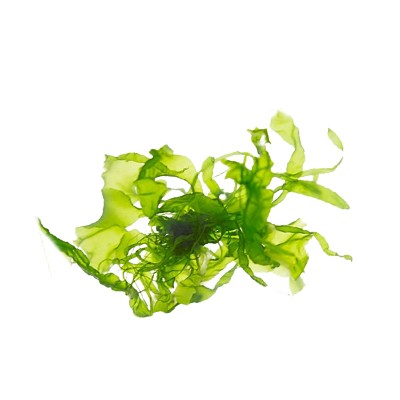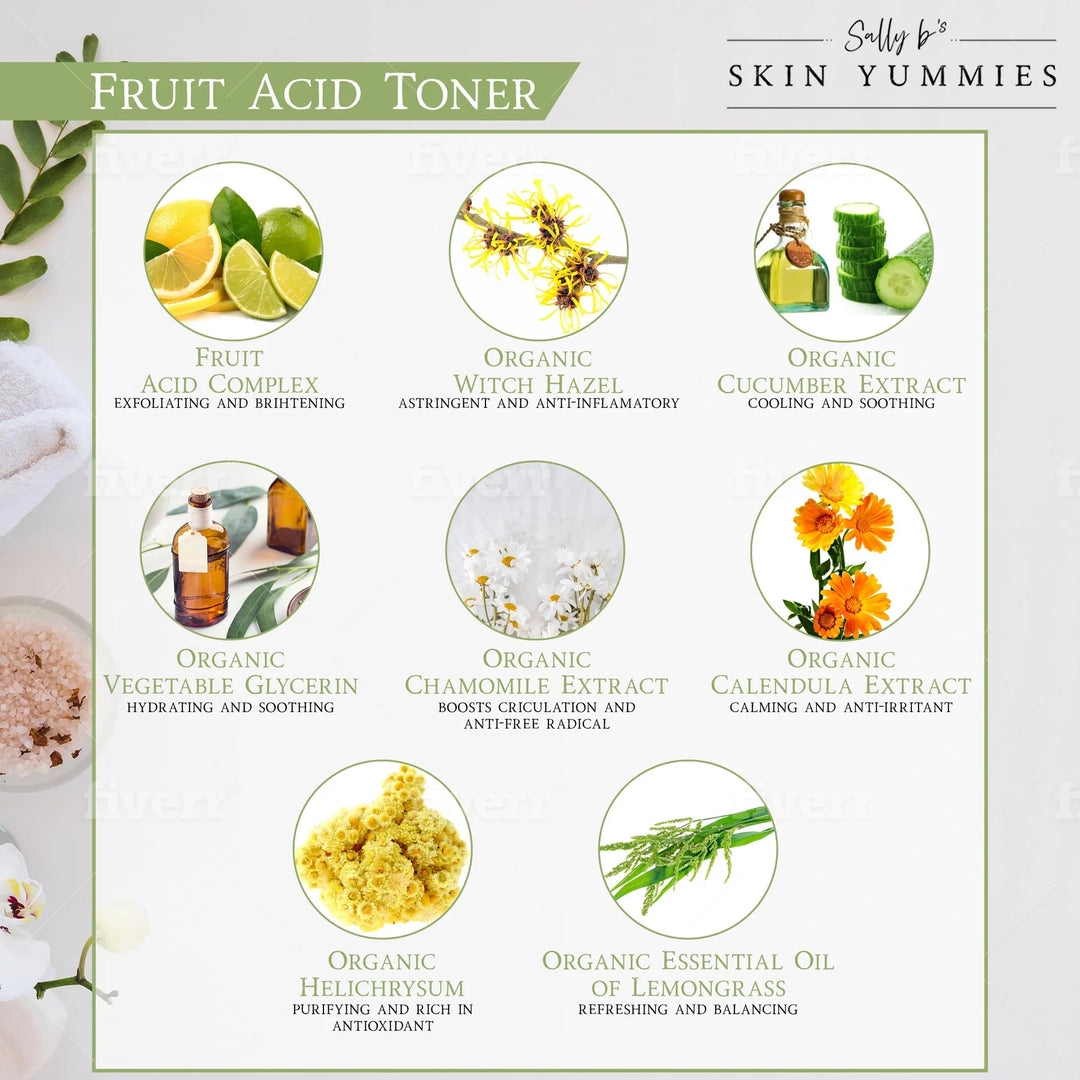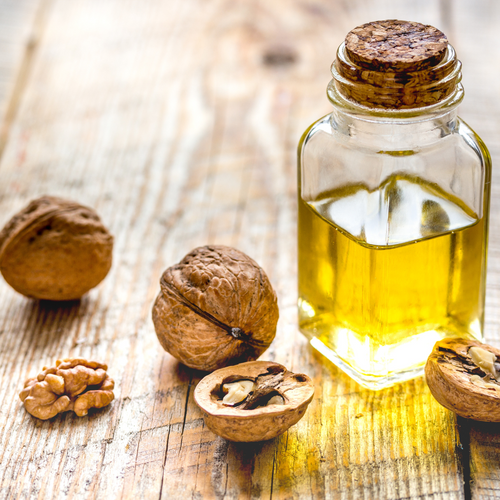Common Skin Care Myths Debunked

Over the years we have collected a treasure trove of old wives tales disguised as beauty secrets. From toothpaste on pimples to mouthwash on feet to not sleeping on your side, these stories make us smile as we imagine the women throughout our ancestry who actually subscribed to these practices. As the beauty industry makes a return to a more natural, non-toxic approach, we are finding that these wives tales are being replaced with misconception. These misconceptions are not being passed down through the generations, but rather are heard as sound bites on a commercial, or being skimmed over in blogs. They are statements that, while partly true, come with a two-part answer.
So let's try to set the record straight!
While there is still a lot to learn about organic ingredients and the non-toxic personal care industry in general, we do want to set the record straight on some of the more common misconceptions floating around our industry.
Myth #1
Coconut Oil and Shea Butter are good moisturizers for the face.
While both ingredients have superb moisturizing properties, we do not recommend them for use straight on the face. The large molecules in these plant butters can cause facial pores to become enlarged. Check your "natural" product selections and be careful about the products that contain butters if you use them on your face.
The healthy alternative: moisturize your face with a formulated blend of plant-based oils, like Argan Oil, Camellia Seed Oil, or Marula Oil. Give our Carrot Facial Dream Cream and our B Quenched Facial Oil a shot!
Myth #2
If you can’t pronounce an ingredient on a label, it must be bad.
Not necessarily. The Federal Drug Administration and other worldwide governing bodies demand that ingredients must be listed on a label in INCI (International Nomenclature of Cosmetic Ingredients) terminology. And INCI language can be unpronounceable. Take the hard to say Butyrospermum Parkii, which is the INCI name for Shea Butter. You may be surprised at the ingredients referred to from strange sounding label terms.
The healthy alternative: we don’t expect you to memorize all the INCI names, but you can learn to identify some red flag ingredients (and if there is one on the label, there are bound to be more). Some ingredients to avoid are phthalates listed as “fragrance,” and parabens listed with the prefixes “ethyl-,” “methyl-,” “butyl-,” or “propyl-."
Learn more HERE
Myth #3
Chemicals are bad and I don’t want them in my products.
This is an all too common statement. Water and oxygen are chemicals. You and I are made of chemicals. Most of what you can see, touch, breathe, and taste is a chemical. "Chemical" is not a scary word, though there are scary chemicals to avoid. Instead of saying you don’t use products with chemicals, explain that you only use products with non-toxic ingredients, or look for products made without potentially hazardous chemicals.
Learn more: The Environmental Working Group (EWG) has a comprehensive database of personal care ingredients and rates them based on their toxicity. Recently they developed the EWG VERIFIED™ certification program (Sally B's was one of the first lines to receive verification status!), which makes shopping for non-toxic ingredients easier. Just look for the seal to know that you’re purchasing products made without chemicals of concern.
Myth #4
Using oils on your skin will make it more oily.
Your skin naturally produces oil to normalize the surface of your skin. It’s important stuff, yet it can be easily stripped away. Harsh cleansers or over exfoliation can deplete skin of its natural oils, causing the skin to overproduce more to compensate. Adding oil to your skin (how much depends on your individual skin type), will ensure that your skin maintains a healthy balance.
Myth #5
All ingredients termed as “acids” or “alcohols” are irritating.
No. Case in point: Hyaluronic Acid is one of the mildest, non-stripping ingredients available to a formulator. And Cetearyl Alcohol is a “fatty” alcohol that serves as an emulsifier, allowing us to blend together incredible ingredients into lotions and other potions.
Myth #6
The right skin care product will cure all of my skin care woes.
It would be amazing if there was one cure-all product, but it's just not that simple. Instead, clear, healthy skin is a result of a combination of factors, like diet, exercise, environment, and, of course, product choice. Ensure that the lifestyle choices and product choices you make all complement one another, because when all your systems are in balance, your skin and your health will be in balance, too.
The healthy alternative: avoiding sugar, getting daily exercise, adding more greens, and getting enough sleep are just a few daily changes you can make to improve your overall health.
Myth #8
The right eye cream will eliminate my dark, under eye circles.
Sadly, no matter the hype, there is not an external solution that will eliminate dark circles under the eyes. Dark circles can be caused by allergies, hormones, genetics, medications, lack of sleep, dietary causes, and even aging. An eye cream can make the skin under your eyes less puffy or tighter, but it can't change its color.
Myth #9
All preservatives are bad.
No, preservatives are an essential part of any skin care formula. When you have an emulsion with water in it, mold and yeast will grow. A preservative is necessary to keep fungi from forming. Not all preservatives are created equal. There are some chemical preservatives – like Parabens – that can have adverse health effects and that you should avoid when purchasing your personal care products
The healthy alternative: Read your labels and seek out products made with non-toxic preservatives. Little known, non-toxic, preservatives made with plant ingredients like Radish Root, aspen bark or parts of the Honeysuckle plant Honeysuckle Bark can be very effective if used properly.
A wise man said, “the more you know, the better you do.” So with this information, go forth and make decisions that are based on the whole story and not just what you may have heard here or there.






Great article on skin care myths! I definitely had some misconceptions that it helped clear up. Sally B’s products are great. I especially love the peptide booster serum and day and night antioxidant serums.
Leave a comment